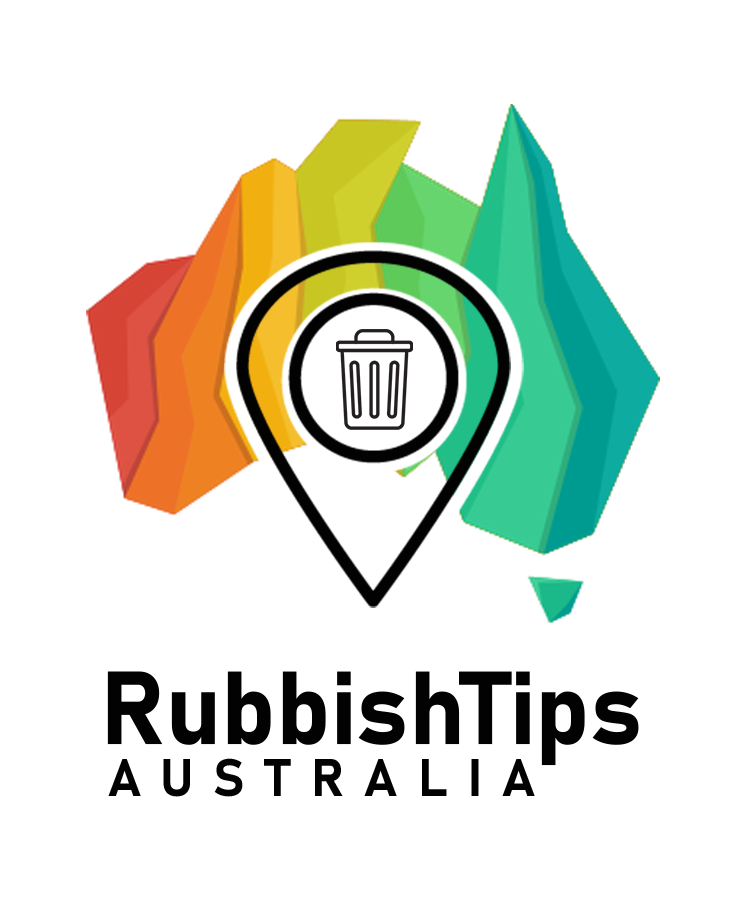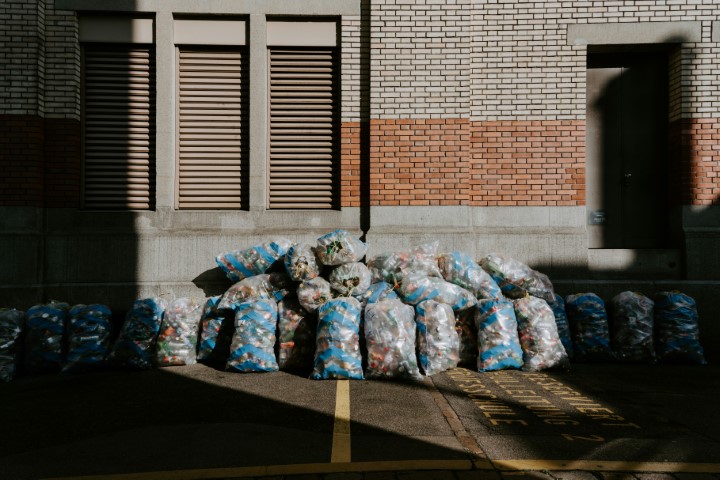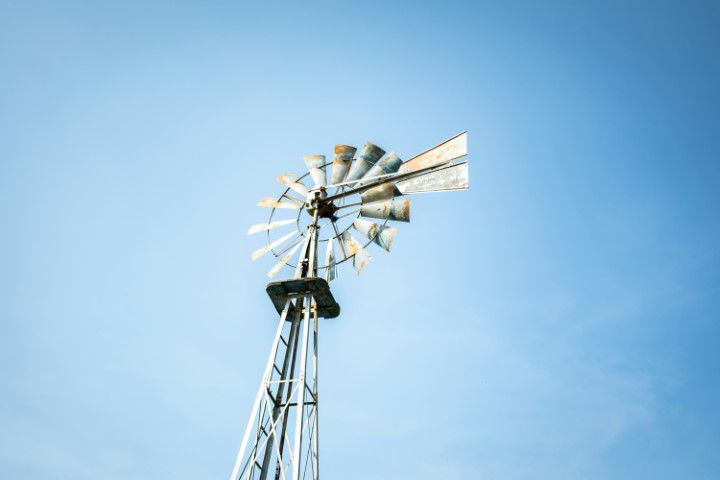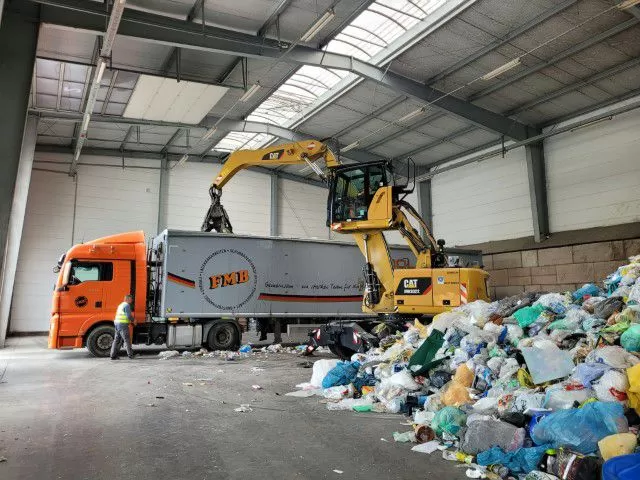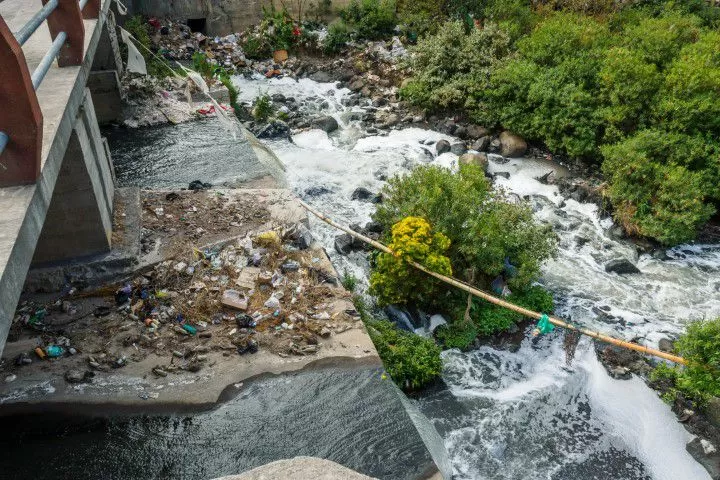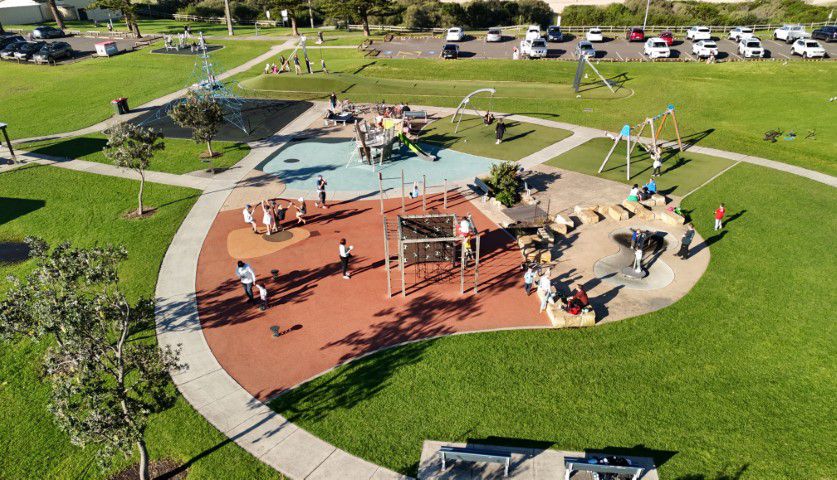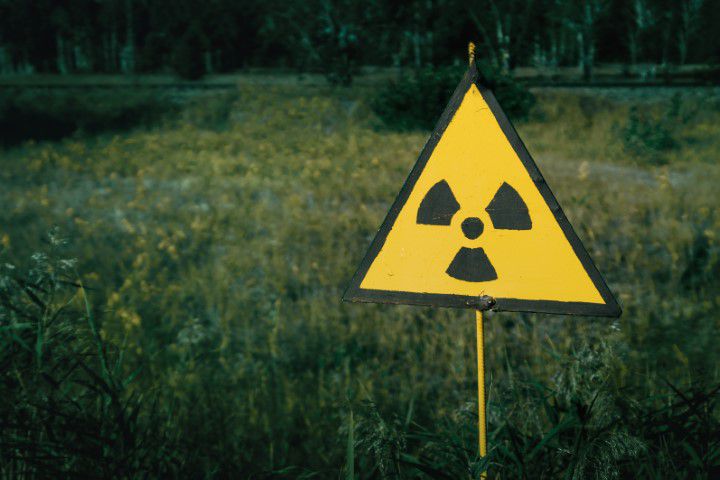
Imagine throwing out your trash, only to later discover it’s more than just old food scraps and broken toys—it’s radioactive. Sounds like the plot of a sci-fi thriller, right? Well, for the residents of Broadmeadows, Victoria, this terrifying scenario became a reality in 2011. The discovery of radioactive waste in a local rubbish tip sent shockwaves through the community and raised serious questions about waste management in Australia. Let’s dive into the story of how this toxic time bomb was uncovered and what it means for us all.
The Day Broadmeadows Got a Nasty Surprise
Broadmeadows, a quiet suburb in the north of Melbourne, is not the kind of place you’d expect to make national headlines. But in March 2011, it did just that—and for all the wrong reasons. Workers at a local rubbish tip stumbled upon something they definitely didn’t expect: a stash of radioactive material buried amongst the everyday waste.
This wasn’t just a couple of dodgy batteries or an old smoke detector. The radioactive material was substantial enough to trigger alarms—literally. It’s not every day that your rubbish heap starts setting off radiation detectors, but that’s exactly what happened. Authorities quickly moved in, and the site was cordoned off as experts scrambled to assess the situation.
What Was the Source of the Radiation?
So, what exactly was lurking beneath the rubbish? Authorities eventually revealed that the source of the radiation was likely a batch of medical waste. In hospitals, certain types of radioactive materials are used for diagnostic and therapeutic purposes, such as in cancer treatments. When these materials are no longer needed, they’re supposed to be carefully disposed of according to strict regulations. But in this case, something had clearly gone very wrong.
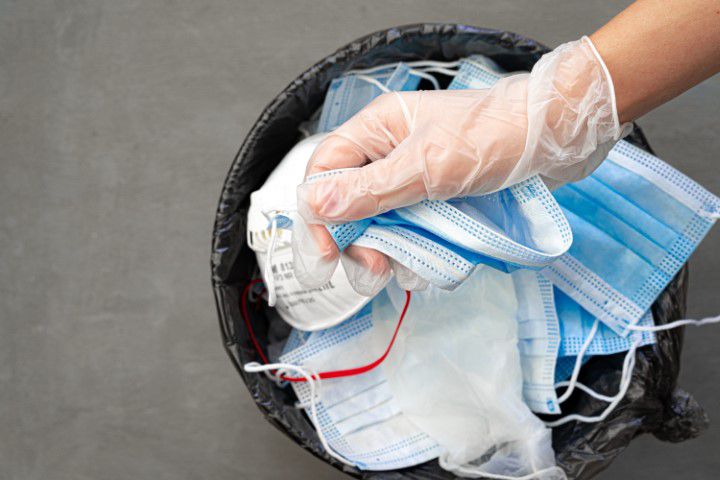
The radioactive waste found in Broadmeadows included items that should have been safely contained and monitored, not casually tossed into a public rubbish tip. This discovery raised alarming questions about how such hazardous materials could end up in a place where they pose a significant risk to public health.
The Immediate Aftermath: Panic and Precautions
News of the radioactive discovery spread quickly, and with it, a wave of panic. Broadmeadows residents were understandably concerned—radioactivity isn’t something you want in your backyard. The local council and emergency services were quick to reassure the public that there was no immediate danger. However, the site was shut down while radiation experts conducted a thorough investigation.
The cleanup operation was a complex and delicate process. Specialised teams were brought in to safely remove the contaminated material. It wasn’t just a matter of digging it up and carting it away—radioactive waste requires careful handling to prevent further contamination or exposure. The waste was eventually transferred to a secure facility designed for hazardous materials, far away from residential areas.
A Wake-Up Call for Waste Management
The Broadmeadows incident was a stark reminder of the potential dangers lurking in our rubbish tips. It highlighted serious flaws in the waste management system, particularly when it comes to hazardous materials. How did such dangerous waste end up in a public landfill? And how many other rubbish tips across the country might be hiding similar surprises?
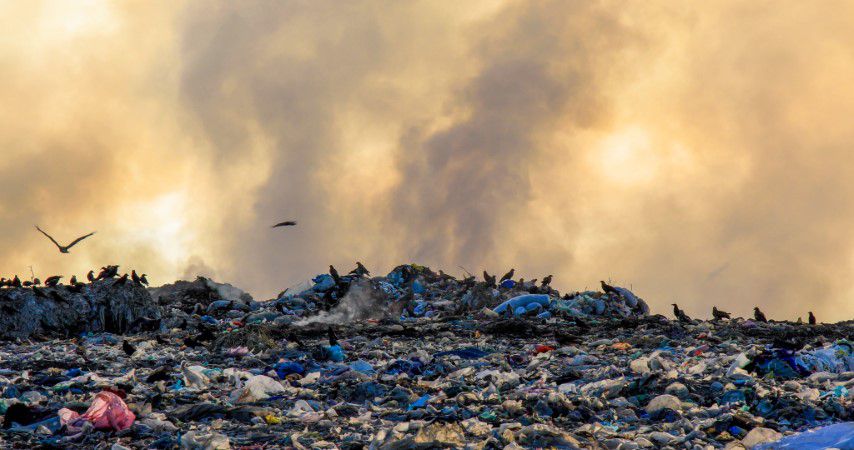
The incident prompted a review of waste disposal practices, particularly for medical and industrial waste. Authorities tightened regulations to ensure that radioactive materials are tracked more carefully from the point of use to their final disposal. But the question remains: can we ever be truly sure that all hazardous waste is being dealt with properly?
What’s the Risk?
While the thought of radioactive waste in a rubbish tip is undeniably alarming, it’s important to understand the actual risk. In the Broadmeadows case, authorities were quick to point out that the level of radiation detected was low and that the public was not in immediate danger. However, radiation is not something to be taken lightly—long-term exposure, even at low levels, can have serious health consequences.
The Broadmeadows incident also brought attention to the need for better public education about radioactive materials. Many people aren’t aware that items like old smoke detectors or certain types of industrial equipment can be radioactive. Proper disposal is crucial to prevent these items from ending up in the wrong place.
Moving Forward: Lessons Learned
The radioactive waste found in Broadmeadows was a wake-up call for everyone involved in waste management. It forced a reevaluation of how hazardous materials are handled and highlighted the importance of stringent oversight. Since then, Australia has made strides in improving its waste management practices, but the incident remains a stark reminder of the potential dangers that can arise when things go wrong.
For the residents of Broadmeadows, the memory of that shocking discovery in 2011 is unlikely to fade anytime soon. And for the rest of us, it serves as a cautionary tale about the hidden risks in our rubbish and the importance of proper waste disposal. So next time you throw something away, take a moment to think about where it’s going—and what might happen if it ends up in the wrong place.

Matt Flare was born and raised in the Northern Sydney beachside suburbs and is fascinated by how our society handle the millions upon millions of tonnes of waste we produce every day.
How to Reduce Your Household Waste: Tips Before You Head to the Tip
Picture this: it’s the year 2050, and Australia has officially…
The Future of Waste Management in Australia: Are We Ready for Zero Waste?
Picture this: it’s the year 2050, and Australia has officially…
Australia’s Most Innovative Landfill Projects
When you think of a rubbish tip, what comes to…
Illegal Dumping: How It’s Affecting Our Aussie Communities
Imagine you’re out for a morning jog, enjoying the fresh…
How Some Aussie Landfills Are Being Transformed Into Community Parks
Landfills aren’t exactly known for their beauty. They’re where we…
$100 Million Worth Of Art Dumped At A Tip
Imagine this: a hidden fortune worth $100 million, buried beneath…
